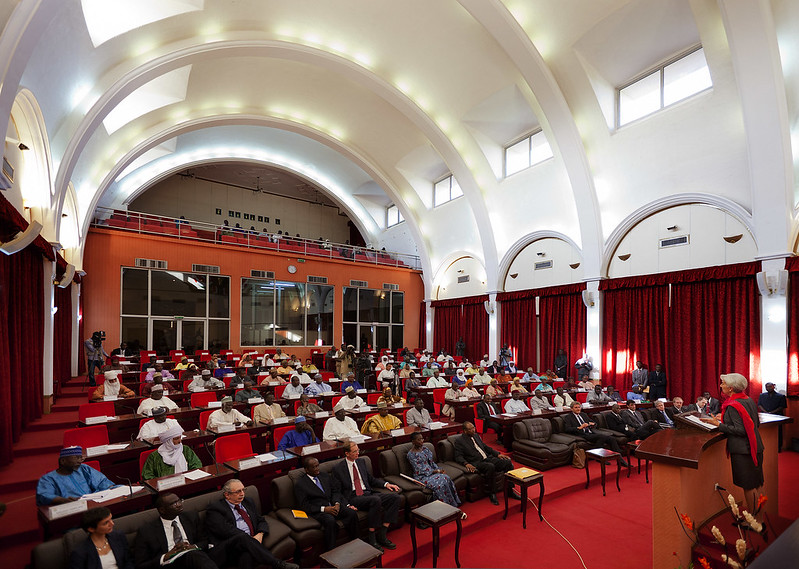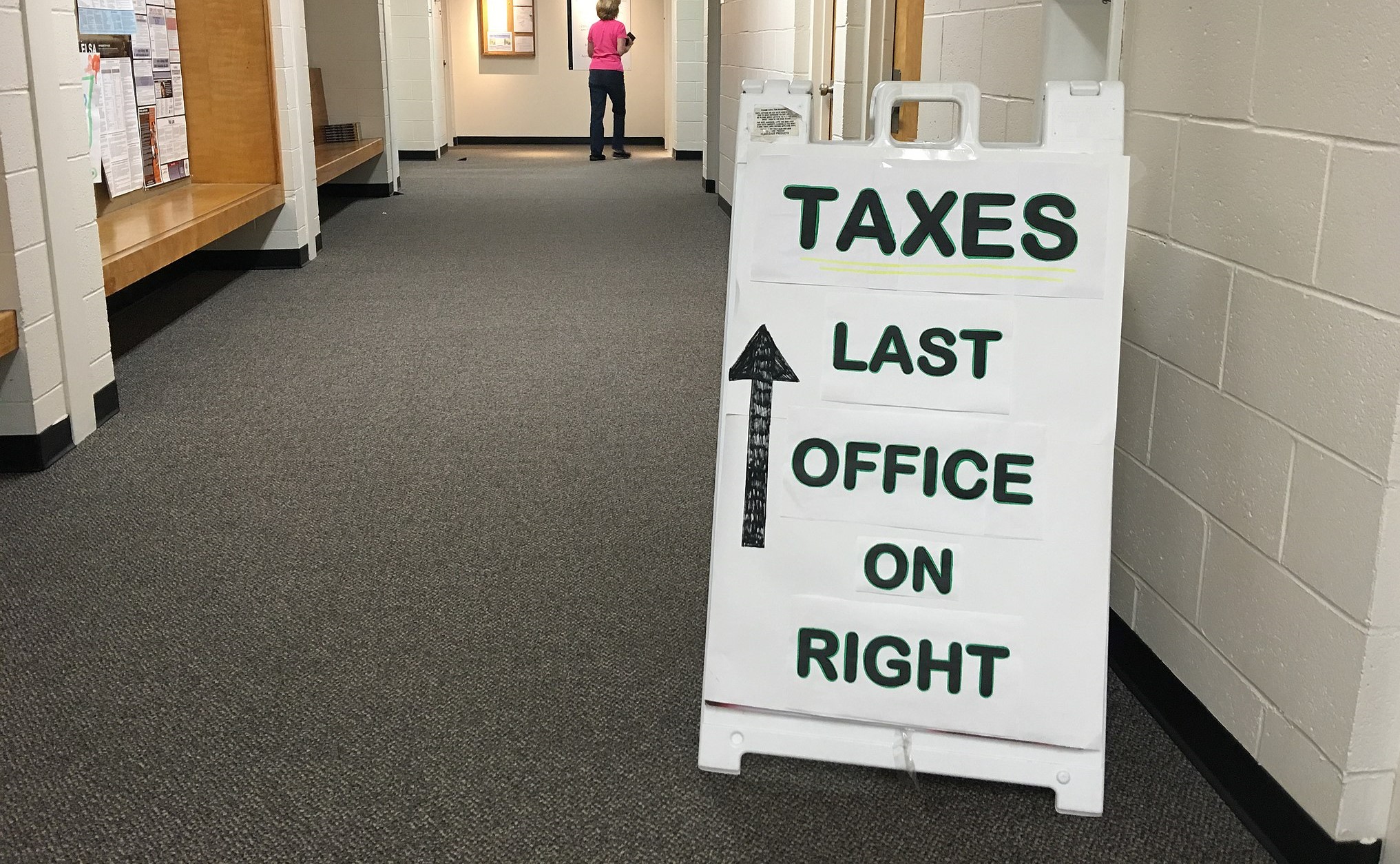The new Nigerian government is seeking to raise money for cybersecurity, but it needs citizen buy in and right now it doesn’t have it, writes Uche Igwe.
In early May, Nuhu Ribadu, the Nigeria’s national security adviser to the president, ordered the full implementation of national legislation on cybersecurity known as the Cybercrime (Prohibition, Prevention, etc.) Amendment Act 2024. According to Ribadu, this move was to strengthen cybersecurity activities and allocate the necessary resources to government to allow it to fight terrorists and organized criminals who use digital platforms to perpetrate their activities. The law seeks to combat the effects of cybercrime and terrorism on critical national security infrastructure.
Part of the new law created the cyber security fund to fight cybercrime. In compliance with this directive, The Central Bank of Nigeria issued an official circular to financial institutions across the country to collect a levy of 0.5 per cent on all electronic transactions from businesses specified in the Act.
Nigerians are alarmed, and many have criticized the levy as just another attempt to tax citizens, while prominent parliamentarians insist that the law was hurriedly passed. The backlash has forced the president to suspend the implementation of the levy and he has ordered a review.
Is revenue through taxation necessary?
There is a valid case for seeking funds to fight cybercrime. Nigeria is rated fifth by the World Cybercrime Index, which spotlights the country as one of global hotspots and hub of cybercriminal activities.
Nigerians are generally reluctant to pay tax partly because many want more transparency in how tax revenue is used with trust in government spending generally low. The lingering perception among citizens is that someone will siphon away their tax money to line their own pockets. A 2007 report by Human Rights Watch captured this lucidly. This perception is significant barrier for the new administration of President Bola Ahmed Tinubu and has affected other ongoing efforts to raise funds through taxation. Data from Gallup survey reveals that Nigerians’ confidence in government is the lowest in Africa.
Nigerians are currently frustrated and discontent with the harsh economic reality facing the country. The timing of such a directive, especially with a taxation implication, portrayed the Tinubu administration as either out of touch or lacking empathy for citizens. The recent removal of fuel subsidy has reportedly pushed fuel inflation to 30.63 per cent in September. Labour unions across the country are already threatening to go on strike as a result of the recent hike in electricity tariffs nationwide unless they are reversed. The perception of another tax increase even if good policy, is not good politics.
Political undertones to Ribadu’s growing prominence
Beyond the debate around introducing the cybersecurity levy lies an intriguing political undertone around the person and office of the National Security Adviser, Nuhu Ribadu. As the custodian of the National Cybersecurity Fund, trillions of naira are expected to accrue in his office if the levy goes ahead. Putting such resources at his disposal will make him the second most powerful person in the country after President Tinubu.
Ribadu, an anti-corruption czar and award-winner, could be positioning himself as a potential successor to the President, who resisted pressures from stakeholders, especially the military quarters, to appoint a retired police officer as his security adviser.
Public trust has eroded and needs to be rebuilt
After emerging from keenly contested and contentious elections where campaigns were filled with divisive rhetoric, public trust has been eroded considerably. Many expected that the government would have recognised this and embarked on measures channelled towards identifying and addressing the sources of mistrust and voter apathy.
Overlooking these concerns and going ahead with imposing new taxes is akin to walking on a political landmine. The subsequent backlash from the citizenry were entirely expected. Reform efforts will only succeed if the government rises to address the country’s comprehensive trust deficit. Restoring trust is the only necessary pathway for relaunching Nigeria to sustainable growth and prosperity.
Beyond levies, fighting cybercrime could create more jobs
Despite the urgency of fighting cybercrime, there is a need for review and introspection before proceeding with further far-reaching steps. The Nigerian government needs to deploy a more innovative strategy that does not inflict hurt on citizens. This approach could entail many things, including substantial investments in cybersecurity through deliberate program interventions. Such programs will enable young people to acquire the necessary skill sets that could help them get a space in cybersecurity and other related cyber-enabled jobs.
There is a need for proper framing of the challenges as well as the opportunities. No doubt, Nigeria needs more cybersecurity expertise due to limited cybersecurity awareness as a career path. These gaps need to be filled by willing and qualified professionals, so cybercrime is a challenge while cybersecurity is an opportunity. That way, young people will see themselves as part of the solutions and incrementally buy into other helpful government policies.
The potential is so huge that Nigeria could become a net exporter of cybersecurity experts across the continent in the coming years. These prospects will help change the narrative as citizens begin to see the cybersecurity levy as investments in their future rather than funds that the political elite will drain off.
Photo credit: Pexels






Robust analysis and apt recommendations.
Thank you Doc!